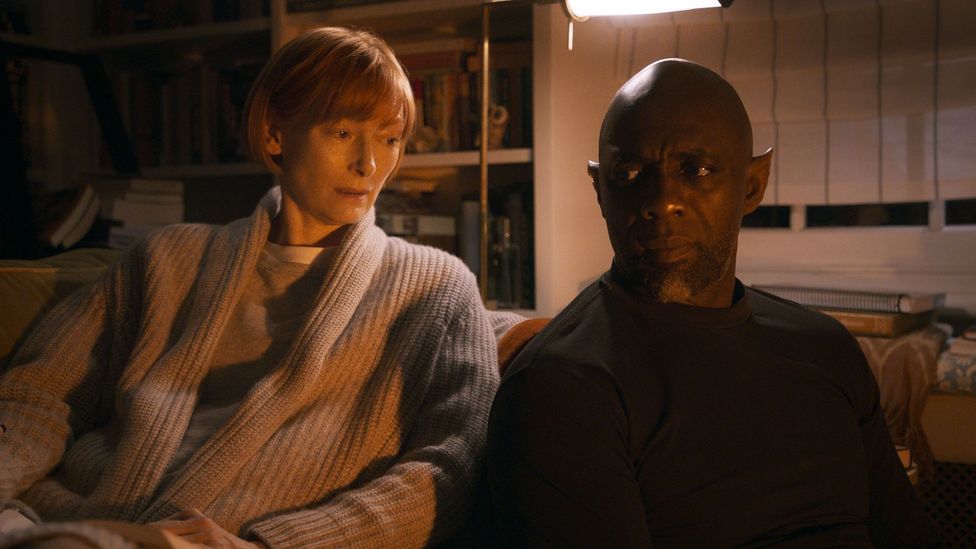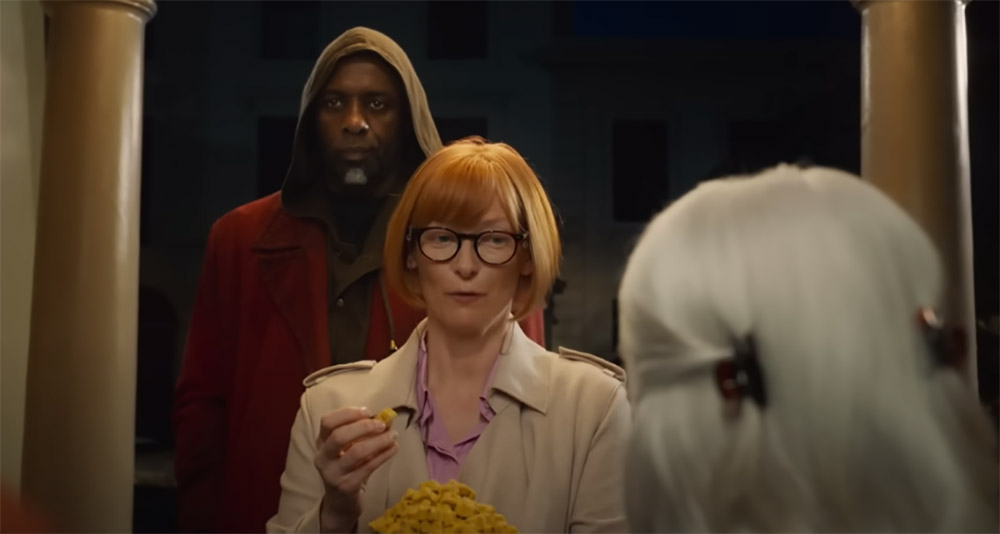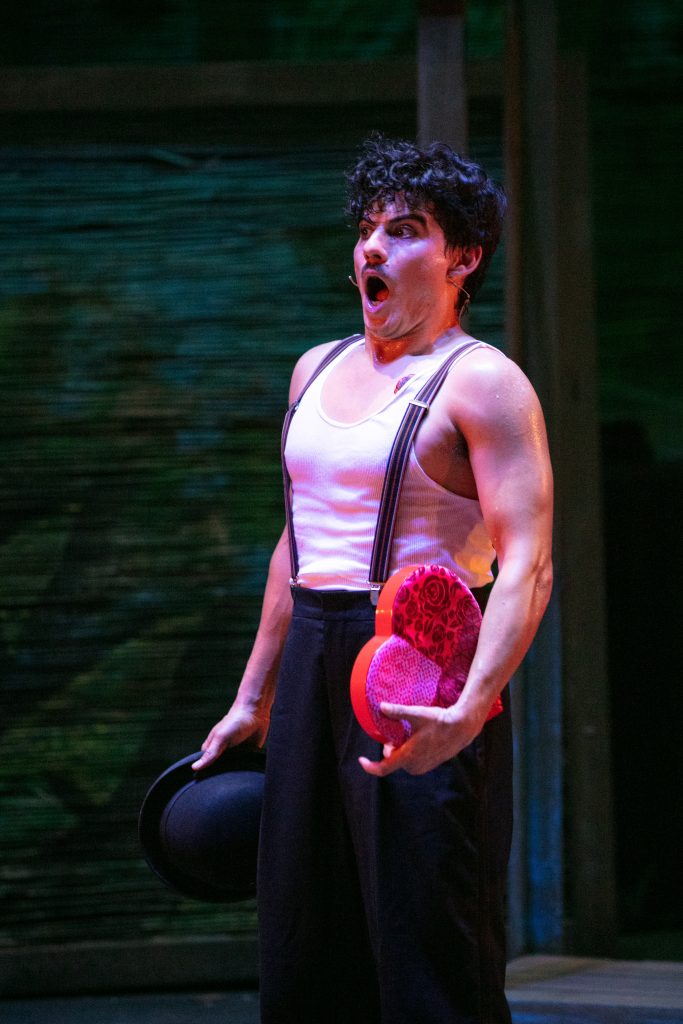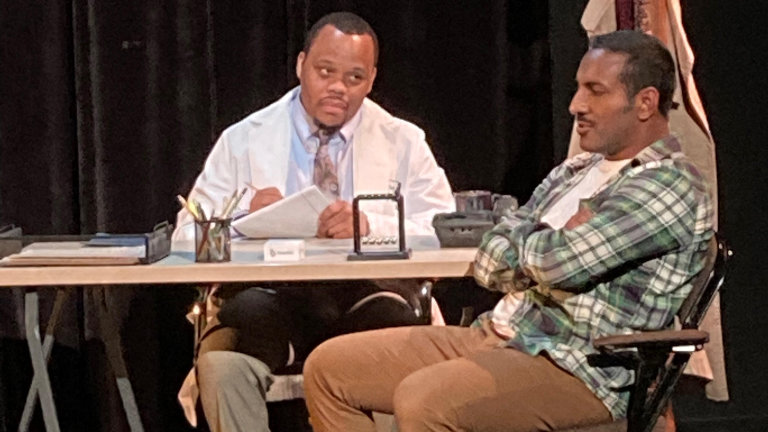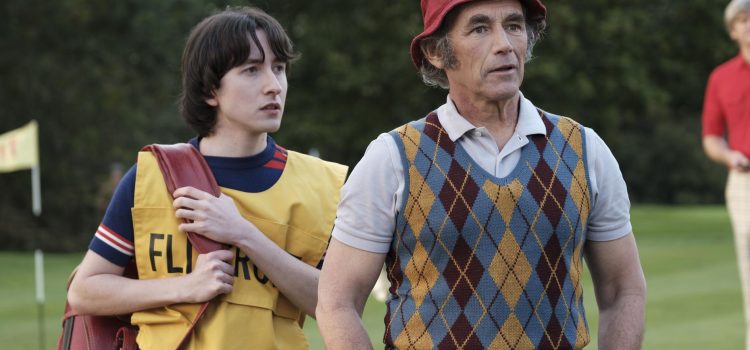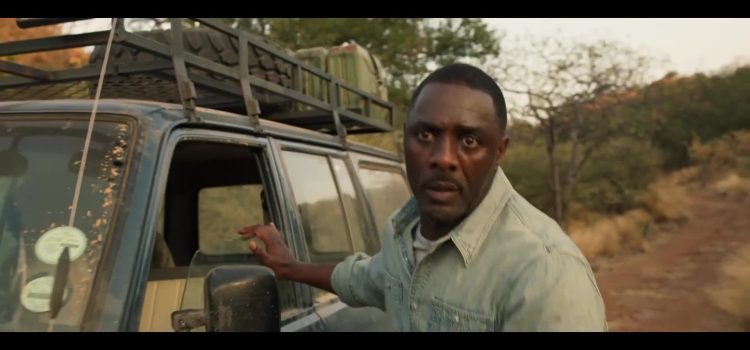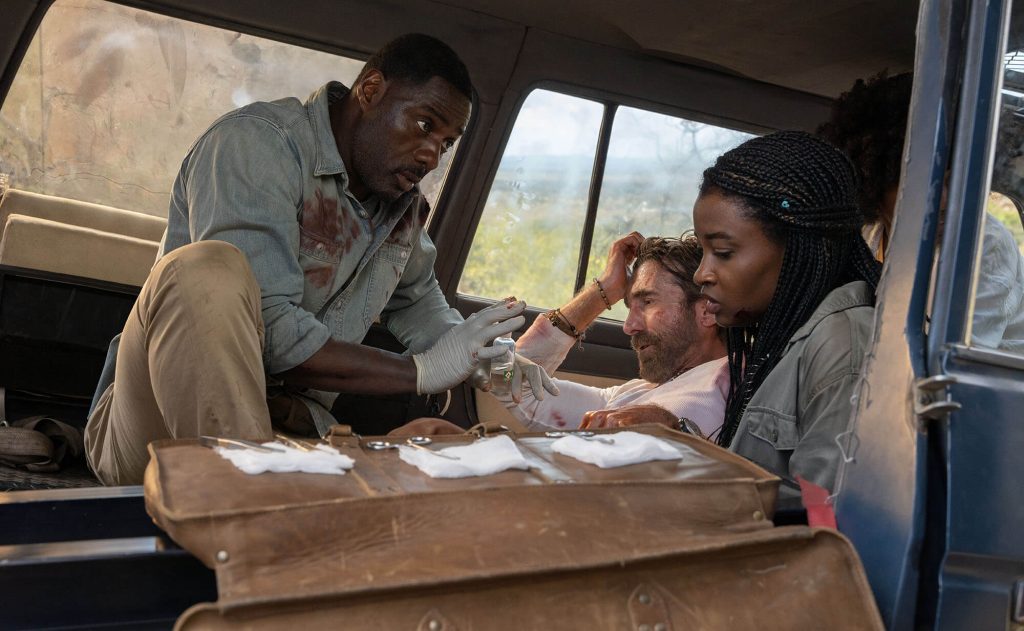By Lynn Venhaus
The adage, “Bloom where you are planted,” is the theme of “Bandera, Texas,” an amiable new play about marriage, motherhood, and enduring family ties by Lisa Dellagiarino Feriend that the fledgling Prism Theatre Company fell in love with last year at their reading of new works by women.
Now it has the honor of being their first produced full-length play, and it’s a good one to lead the way for this emerging company. Their goal is to focus on females, an applaud-worthy stance that I hope has a bright future ahead.
I enjoyed Feriend’s original voice on the timeless issues women face as girls, wives, mothers, and aging seniors. Those pesky aggravations like cheating husbands, making a home with wee ones underfoot in faraway places, spouses dying, workplace discrimination and overall sexism.
She speaks in a natural way that resonates. For a familiar fish-out-of-water trope, it’s a dandy script full of heart, humor, and engaging characters (including the men!).
They always say write what you know, and while I am not certain if any of it is taken from her life, the Virginia-born playwright is based in Chicago, having moved there in 2008, and is married with two children. She earned a BFA in film and TV from New York University.
The five-member cast has a command of the show’s intentions and are mostly cohesive as a group, with a few wobbly interactions. If everyone’s accent can’t be consistent, I’d just ditch them all, instead of an uneven hodge-podge.
Hopefully, this modest production is considered a workshop and will be further fine-tuned and polished, for the comedy-drama-fantasy has much potential.

Like the transplanted heroine in the play, this inaugural production has had a bumpy road from plans to execution, and that’s one of those pandemic-related situations that can’t be pinned on any one thing.
As we learn to navigate the ever-changing COVID-19 virus and its variants, we must adapt – and that’s something the characters, and I suppose the playwright, has had to deal with as well, with a smile and a tear.
Originally slated for a June opening, the show was pushed back because of COVID-19 complications, and therefore, some roles had to be re-cast for this current staging – and one part twice. Some actors had contracts for other gigs, which is a good thing for work, but not necessarily for continuity and chemistry. You know, kismet. But the good intentions are apparent.
So, that leads to this end-of-summer run, Aug. 26-Sept. 4, in the Kranzberg Black Box Theatre, simply staged and presented with much good will and sweat equity.
At least the author, cast and audience are on the same page – life happens, and it’s all about forging ahead, no matter what obstacles are in your path. That’s why I would consider it a work-in-progress.
Last summer, I was charmed by its rudimentary reading in an elementary school at the “Spotlight On…Women Writing Festival of New Works,” and was pleased to hear of its development as an actual theatrical production. It was one of four selected for reading out of 21 submissions.
This world premiere benefits from the wit and relatable situations – at least for any woman who has been blessed with being raised by strong women, and the men who’ve been fortunate to be in their orbit.
With equal parts grit and gumption, Feriend unfolds the predicament of Liz (Maggie Lehman), a pregnant young woman who agreed to move to the Texas Hill Country because her husband Dave (Mike DePope) has landed his dream job – high school drama teacher and baseball coach. As one character says, that is quite specific, but hey, good for him.
Only she is a native New Yorker and moving into a trailer on her husband’s family’s property turns out to be a far rougher experience than she imagined. Good grief, rattlesnakes are outside! And there may be scorpions – egads!
While fretting, her dead and still gutsy grandmothers, maternal Genevieve (Jenni Ryan) and paternal Mary (Leslie Wobbe), magically appear to offer advice as good ghosts. Ryan joined the cast as a replacement to a replacement and isn’t as fluid with the dialogue as the rest, and it’s a conversational-heavy play. As a brash New Yorker who lived a hardscrabble life, she employed a thick accent that comes and goes, and gets more emphatic as she is confronted with adversity.

Wobbe embodies a sweet woman who learned to stand up for herself and her family when times were tough. She projects a calm, reassuring manner to impart life lessons.
Through flashbacks, they will provide examples of crossroads and tough choices in their lives. These shared incidents help Liz adapt to her new surroundings and make her realize who she is by carrying the people she has loved in her heart. After all, home is where we start from – it’s universal.
Liz, an accountant, plays into the stereotypes we associate with New Yorkers who believe the rest of the U.S. is flyover country. She seems resistant to fitting into Bandera, current population 857, although she says she will and is trying to be a good sport. Only she whines about not being in NYC. A lot. We get it. Crossroads of the world, center of the universe, and yadda, yadda. (They do have the best water, all the better for the bagels.)
For the record, Bandera is a small town less than an hour away from San Antonio, and on its website, they call themselves the “Cowboy Capital of the World.” Alrighty, then.
A lively spirit, Lehman portrays Liz confidently and sympathetically, conveying her concerns – many of them valid – and is agile on stage, mindful of her growing tummy and taking that into consideration for her movements. You feel for her – I’d be pouting and overthinking too. Baby makes three.
The men fit the Texas mold that’s used countless times – macho gun-toting, beer-swilling, loud, boastful, close-minded rednecks, and set in their ways. Dave, though, doesn’t seem to be the cookie-cutter image, more cosmopolitan and somewhat thoughtful, but after day drinking with his brother and dad, settles into those typical guy things. Mike DePope straddles the dilemma of supportive husband and male bonding with his bro.
That family lineage is kept off-stage, and it’s the New Yorkers whose lives adapting are in vignettes – off the boat, in the orphanage, living in Iowa, being widowed at a young age, entering the workforce as a mother, dealing with setbacks, patriarchy rules in the workplace, and just getting by.
Portraying different characters to flesh out key turning points in the grandmothers’ lives, the versatile Ryan Burns is remarkable – the true MVP of the show. He’s so authentic in these snapshots of husbands, sons, bosses, neighbors and even Robert F. Kennedy. It’s an interesting twist. That’s quite a load to carry, and he impressively stands out.
Liz and Dave are a couple you root for, and would like to know more about – did they name the baby Charity or did the new mom win that round?
Audiences will have the opportunity to talk to Feriend, as she will be here Saturday and Sunday. Prism’s Trish Brown, who directed the show in a straightforward, realistic way, and her longtime collaborator Joy Addler arranged this visit. They worked with Feriend to develop the play after last summer’s reading.
On Saturday, Sept. 3, the performance will be followed by a Meet the Playwright reception, included in your ticket. On Sunday, Sept. 4, the performance will be followed by an audience talk back with the playwright and the cast, which is included in the ticket.
Next up for Prism is the “Spotlight On…Emerging Artists Festival of New Works” Sept. 22 – Oct. 1 at The High Low. This year’s festival will feature staged readings of plays by six local playwrights, all of whom have never had their works published or produced.

Prism Theatre Company presents “Bandera, Texas” I Aug. 26 – Sept. 4, Thursday through Saturday at 7:30 p.m. and Sunday at 2 p.m. For more information, visit www.prismtheatrecompany.org.
For tickets, online: https://www.metrotix.com/events/detail/prism-theatre-company-bandera-texas; Phone: (314) 534-1111 or in person at the Fabulous Fox box office.

Lynn (Zipfel) Venhaus has had a continuous byline in St. Louis metro region publications since 1978. She writes features and news for Belleville News-Democrat and contributes to St. Louis magazine and other publications.
She is a Rotten Tomatoes-approved film critic, currently reviews films for Webster-Kirkwood Times and KTRS Radio, covers entertainment for PopLifeSTL.com and co-hosts podcast PopLifeSTL.com…Presents.
She is a member of Critics Choice Association, where she serves on the women’s and marketing committees; Alliance of Women Film Journalists; and on the board of the St. Louis Film Critics Association. She is a founding and board member of the St. Louis Theater Circle.
She is retired from teaching journalism/media as an adjunct college instructor.











